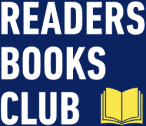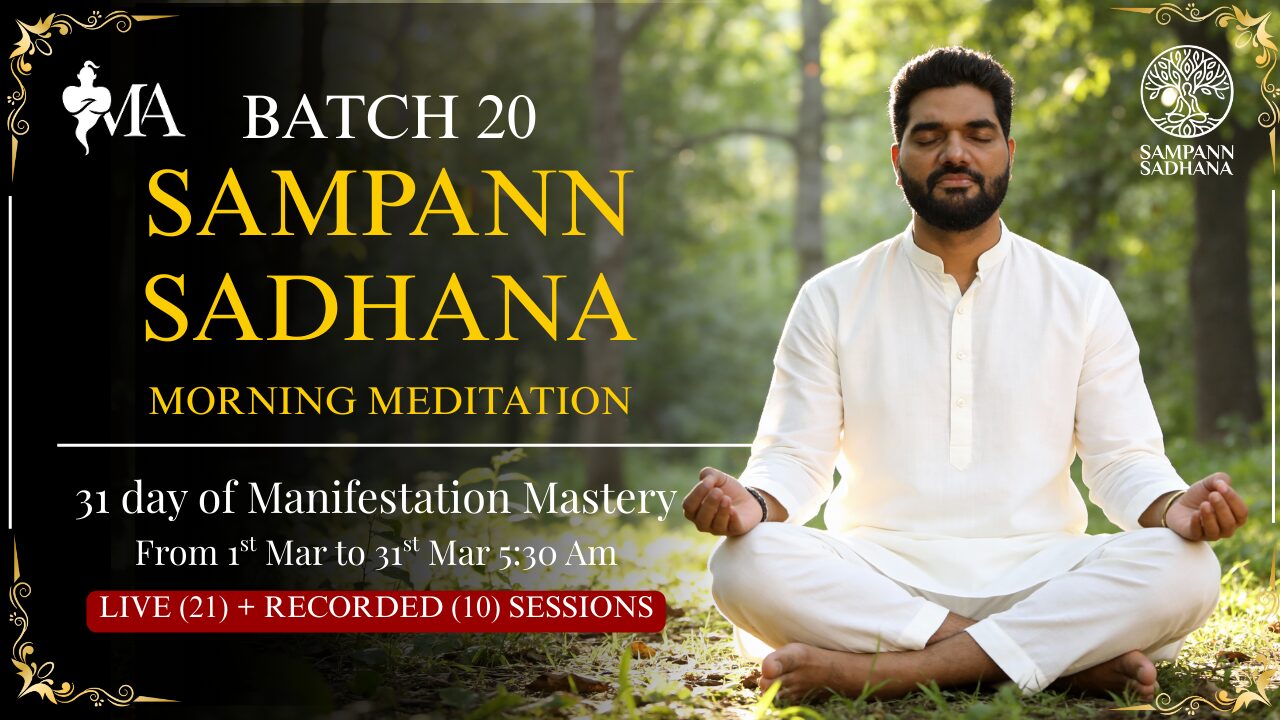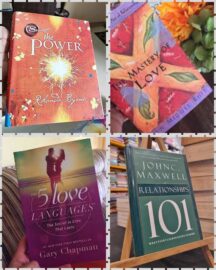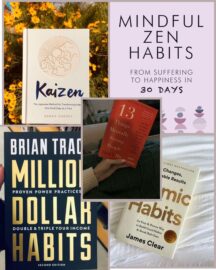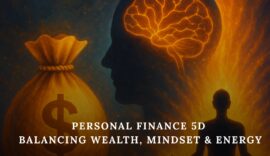How Reading Self-Help Books Shapes Your Personality and Life
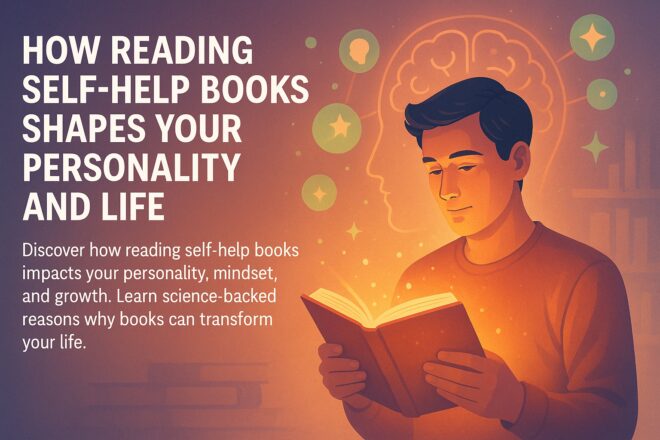
In today’s fast-paced digital age, we are surrounded by endless videos, reels, and podcasts promising quick motivation. Yet, there’s something timeless and powerful about sitting down with a book. Books are not just collections of words; they are silent mentors that shape our thinking, guide our emotions, and influence who we become.
Self-help books in particular have changed millions of lives. From classics like Think and Grow Rich to modern works like Atomic Habits, these books offer not only knowledge but also practical frameworks for transformation. Unlike fleeting social media advice, reading a book allows you to immerse yourself in deep reflection, absorb wisdom slowly, and apply it consciously.
Why does this matter for personality? Because your personality is not fixed. Science now shows that traits like confidence, discipline, resilience, and empathy can be cultivated. And self-help books act as catalysts, planting seeds of new beliefs and habits that reshape how you show up in the world.
As the Indian saying goes, “स्वाध्यायप्रवचनाभ्यां मा प्रमदः” (Swadhyaya-pravachanabhyam ma pramadah) — “Never neglect self-study and reflection.” Self-help books are the modern extension of this timeless truth.

The Psychology of Reading Self-Help Books
From a psychological perspective, reading self-help books is not passive entertainment — it’s mental conditioning. Every sentence you read has the potential to shift your mindset, challenge old beliefs, and reinforce empowering patterns.
1. Reframing Beliefs
Cognitive psychology shows that our behavior is shaped by the beliefs we hold. Self-help books often challenge limiting beliefs (“I’m not good enough”) and replace them with empowering ones (“I can learn, grow, and succeed”). This process of reframing builds resilience and self-confidence.
2. Positive Affirmations Through Words
Repeated exposure to uplifting language in books works like affirmations. When you read phrases like “Success is built on daily habits,” your subconscious begins to absorb this as truth, gradually shifting how you act in daily life.
3. Emotional Intelligence and Empathy
Studies suggest that reading — especially self-reflective content — improves emotional intelligence. By engaging with stories, examples, and exercises in self-help books, you practice empathy, gratitude, and self-awareness, all of which are core elements of a strong personality.
4. Motivation and Goal Setting
Psychologically, self-help books act as “mental mirrors.” They show you possibilities you may not have considered and provide goal-setting frameworks (like SMART goals or habit-stacking) that strengthen discipline.
Example: Someone struggling with procrastination reads Eat That Frog by Brian Tracy. By applying the simple method of tackling the hardest task first, they shift their daily behavior. Over time, this new habit builds discipline, which becomes part of their personality.
Neuroscience of Reading and Personality Change
While psychology explains why self-help books influence our mindset, neuroscience shows us how they reshape the brain at a biological level. Every time you read, your brain is not just processing words — it is actively building new connections, strengthening neural pathways, and altering the way you think and behave.
1. Neuroplasticity — Rewiring the Brain
The brain has the ability to change and adapt, a phenomenon called neuroplasticity. When you repeatedly read empowering ideas from self-help books, your brain forms new neural circuits around those thoughts. Over time, these circuits become stronger, making positive thinking and proactive behavior more natural.
2. Mirror Neurons — Learning Through Example
Self-help books often share stories of successful people or transformative journeys. Neuroscience shows that when you read about someone’s experience, your mirror neurons fire as if you were living that experience yourself. This means your brain “practices” confidence, discipline, or resilience simply by imagining them through words.
3. Dopamine and Motivation
Inspiring content activates the brain’s reward system, releasing dopamine, the chemical of motivation and pleasure. This is why after reading a powerful book, you feel energized and ready to act. Over time, this motivation reinforces growth-oriented behaviors that shape your personality.
4. Strengthening the Reticular Activating System (RAS)
The RAS is the brain’s filter that decides what to focus on. If you’re constantly reading about gratitude, opportunities, or abundance, your RAS begins spotting them in daily life. This filter shift explains why after reading about wealth-building, people suddenly notice new financial opportunities.
Example: A reader of James Clear’s Atomic Habits learns the principle of “1% improvement.” Their brain rewires to seek small daily wins. Over weeks, this practice changes not only habits but also their identity — they begin to see themselves as a disciplined, growth-oriented person.
In short: reading self-help books is not just education, it’s brain training. Each page you read literally shapes the architecture of your mind, which in turn influences your personality and destiny.
Core Personality Traits Influenced by Self-Help Reading
Self-help books don’t just give you new information — they gradually transform your core personality traits. With consistent reading and application, these traits become part of who you are:
1. Confidence and Self-Belief
Books like The Magic of Thinking Big or Awaken the Giant Within challenge self-doubt and replace it with empowerment. By repeatedly feeding the mind with success-oriented ideas, readers begin to carry themselves with greater confidence.
2. Emotional Regulation
Many self-help books teach gratitude, optimism, and mindfulness. These practices improve how you handle stress, anger, or sadness. Over time, you become calmer, more balanced, and emotionally intelligent.
3. Communication and Relationships
Books such as How to Win Friends and Influence People help readers develop empathy, active listening, and better social skills. These qualities strengthen both personal and professional relationships.
4. Discipline and Goal-Setting
Books on habits and productivity instill discipline. Readers who once procrastinated become consistent, learning how to set goals and follow through — a fundamental trait of strong personalities.
5. Growth Mindset
Perhaps the most powerful trait is shifting from a fixed mindset (“I can’t change”) to a growth mindset (“I can learn and improve”). This shift opens doors to lifelong success.
Example: Someone who reads The Power of Now may not just learn mindfulness — they start living in the present moment, radiating calmness. Their personality changes from anxious to centered.
Ancient Indian Wisdom on Learning Through Texts
Long before “self-help” became a genre, India treated texts and scriptures as tools for inner transformation. The wisdom of reading for self-growth is deeply rooted in our culture.
1. Swadhyaya (Self-Study)
In yogic philosophy, Swadhyaya — self-study — is one of the Niyamas (disciplines). It emphasizes reading sacred texts and reflecting deeply on their meaning. Today, reading self-help books continues this practice by encouraging reflection and application.
2. Vedas and Upanishads
The Vedas and Upanishads weren’t just religious texts — they were guides to life, personality, and consciousness. Just as modern readers highlight key insights from The 7 Habits of Highly Effective People, seekers once memorized and lived by mantras that shaped their character.
3. The Power of Repetition
Indian tradition valued Japa (repetition) of mantras to engrain wisdom into consciousness. Similarly, reading and re-reading powerful self-help books reinforces lessons until they become part of personality.
4. Gurukul System
In ancient India, reading was always paired with application. Students not only studied scriptures but practiced values daily. This mirrors how self-help books today encourage journaling, exercises, and real-world practice.
Sanskrit Truth: “विद्या ददाति विनयं” (Vidya Dadati Vinayam) — Knowledge gives humility. The act of reading doesn’t just sharpen intellect, it refines personality.
In essence: reading has always been seen as a spiritual act of self-refinement. Modern self-help books are simply the continuation of this eternal tradition.
Practical Ways to Get the Most from Self-Help Books
Reading self-help books is powerful, but the real transformation comes when you move from consuming knowledge to living it. Here are some practical ways to maximize their impact:
1. Active Reading, Not Passive Scanning
Don’t just skim pages. Underline key insights, take notes, and pause to reflect. Active reading engages the brain more deeply, making change more lasting.
2. Apply One Idea at a Time
Most books are filled with strategies, but trying to apply all at once leads to overwhelm. Pick one actionable idea and practice it for 21–30 days until it becomes part of your routine.
3. Journal Your Reflections
After reading, write how the idea applies to your life. Journaling bridges theory and practice, helping you internalize lessons.
4. Share What You Learn
Teach a concept to a friend or family member. Teaching reinforces memory and creates accountability.
5. Revisit Books Regularly
Great self-help books are not one-time reads. Each time you return, you’ll discover new layers because your consciousness has grown.
Example: After reading Atomic Habits, instead of applying all strategies, choose just one — like habit stacking. Write about your progress daily, and within weeks, consistency becomes a part of your personality.
Common Pitfalls of Self-Help Reading
While self-help books can be life-changing, many readers fall into traps that reduce their effectiveness:
1. Reading Without Action
Collecting insights without applying them is like buying gym equipment but never exercising. Knowledge without practice doesn’t transform personality.
2. Overconsumption of Content
Jumping from one book to another without integration creates “information overload.” You feel motivated for a moment but lack lasting results.
3. Blindly Following Without Personalization
Not every strategy suits everyone. For example, a 5 AM routine may empower some but exhaust others. Applying advice without tailoring it to your context can backfire.
4. Becoming Dependent on Motivation
Some readers chase constant inspiration but never build discipline. Real growth happens when you continue practicing even without the “high” of motivation.
Fix: Balance is the key. Read, reflect, apply, and adapt. Use books as guides, not crutches.
Conclusion: Books as Silent Mentors
In a world full of noise, self-help books are quiet companions that shape your personality from within. They reframe beliefs, rewire the brain, and refine traits like confidence, discipline, and emotional intelligence.
From the lens of neuroscience, they are brain-training tools. From the lens of psychology, they are behavior shapers. From the lens of Indian wisdom, they are Swadhyaya — sacred acts of self-study that awaken higher potential.
Every book you read is like planting a seed in the soil of your mind. Some seeds sprout quickly, others take time. But with patience, application, and consistency, they grow into the strong trees of character and destiny.
So the next time you pick up a self-help book, remember: you’re not just reading — you’re redesigning yourself.
As the Upanishads remind us: “यथा दृष्टिः तथा सृष्टिः” (Yatha Drishti, Tatha Srishti) — As is your vision, so is your creation. Books expand that vision, and your life follows.

Learn more about Books:
1. Be What You Wish
More from Dr Amiett Kumar:
NLP Techniques to Manifest Faster: 5 Proven Ways to Anchor Your Desires for Lasting Success
